We, the Music (1964)
Жанр : музыка, документальный
Время выполнения : 1Ч 6М
Директор : Rogelio París
Краткое содержание
A rare panorama of Cuban music and dance from the 1960s. Featuring legendary Cuban musicians as well as vibrant spontaneous performances, We Are the Music captures the mood and vitality of Havana during its golden period.
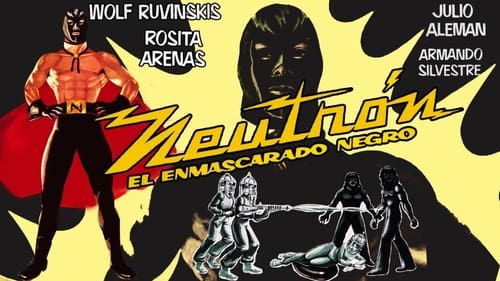
Dr. Charon and his group of mad scientists built a neutron bomb with trying to blackmail the free world for global power. But the hero appears, Neutron, who, with the help of Dr. Thomas and reporter Nora spoil those plans.
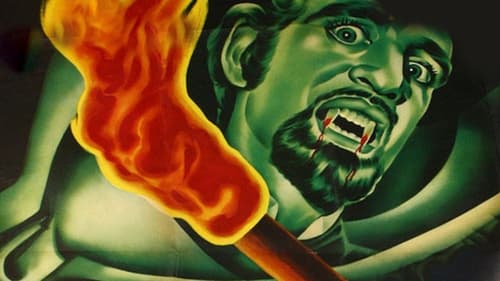
Vampire hunters track down a vampire and attempt to steal the ashes from his coffin in order to stop him from reviving nightly.

In this East German film, the third one in The Third is Margit's third lover. After her mother's death, Margit has two affairs which don't work out, and one lesbian friendship which she retains. She is looking for a husband, though, and thinks she has spotted a candidate in her fellow factory worker. As she contemplates marrying him, her story is told in a series of flashbacks.

Otto Scheidel (Manfred Krug) has been captain of the Elbe steamer Jenissei for over twenty years, but his ship, the last of its kind, is going to be converted into a floating restaurant. Otto, whose his strong attachment to the ship has already cost him his relationship with his girlfriend Caramba (Renate Krößner), refuses to take another job and instead joins a railway construction brigade.

Отстающие ученики Сиро и Кэйта выживают благодаря доставке газет. В противном случае, они окажутся не у дел, поскольку все их сверстники уехали в университет три года назад. Главной проблемой является прохождение вступительного экзамена. Сиро, однако, больше заинтересован завершением 8мм-фильма, начатого ими ещё в средней школе, нежели дальнейшим продолжением учёбы. Но Кэйта чувствует себя подавленным и не разделяет энтузиазма Сиро, его жизнь усложняется, когда он узнаёт, что бывшая девушка — Кёко, приезжает с учёбы из Токио погостить.

Brief, fragmented memories of Rohmer spoken by Godard, while the screen shows various titles of articles Rohmer wrote for Cahiers du Cinema.

One night, a group of workers realises that the administration is stealing machines and raw materials from their own factory. As they organize to survey the equipment and block the relocation of production, they are forced to stand at their posts with no work to do, as a form of retaliation, while negotiations over general lay-offs take place. The pressure leads to a breakdown of the workers along with the world around them.
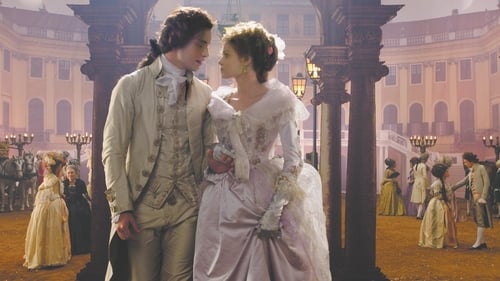
A drama based on the life of 18th century Italian lyricist Lorenzo da Ponte, who collaborated with Mozart on his "Don Giovanni" opera.

Accompanied by the insistent shrilling of an alarm clock and by two love songs, a young man struggles to wake up.
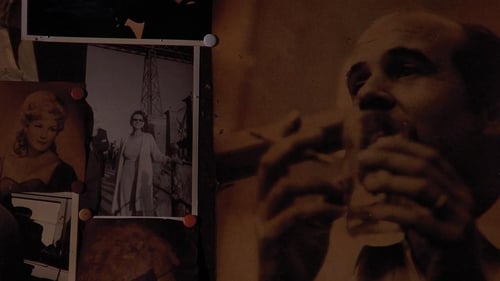
Director Manuel Mozos draws an intimate portrait of João Bénard da Costa, programmer, critic, actor and, for 18 years, director of the Portuguese Film Museum, who passed away in 2009.
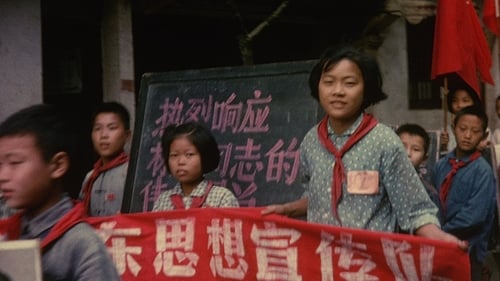
Толчком к созданию «Когда наступает “сейчас”» послужило любительское видео, снятое матерью режиссера в Китае в 1966 г. Ее путешествие пришлось на время первого, самого радикального этапа «культурной революции». Кадры из Китая соседствуют с архивными изображениями событий 1968 г. во Франции, Чехословакии и, в меньшей степени, Бразилии. Работая с архивными материалами в традиции фильма-эссе, режиссер прослеживает, что стало с участниками тех событий после того, как страсти улеглись. Фильм наводит на размышления о хрупкой и мимолетной природе наиболее ярких и напряженных моментов истории и жизни.

Sune, a dropped out theology student who also is the son of a priest, meets Viveka in a church. The two connect via a theological discussion and eventually get married. As the years pass, Viveka grows more and more emotionally unstable due to jealousy and religious anxiety. Sune accepts Viveka's mental problems and, instead of seeking help for his wife, obeys her increasingly bizarre commands.

HIGH SCHOOL II is a film about Central Park East Secondary School (CPESS), a successful alternative high school in New York's Spanish Harlem, 85-95% of whose graduates go on to four year colleges. The film illustrates the school's emphasis on the “Habits of Mind” program (weighing evidence; awareness of multiple points of view; seeing connections and relationships; speculating on possibilities; and assessing values.) Sequences illustrating the school's approach to learning include: classroom activities in the humanities and sciences; family conferences; discussions of race, class, and gender; faculty meetings; disciplinary problems; sex education; conflict resolution by students; and student council meetings.

Фильм-антология, состоящий из нескольких историй на тему невидимости в современном мире.
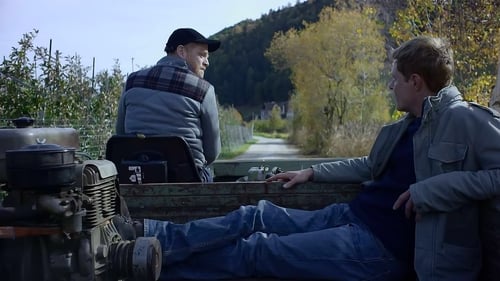
Albert grew up on an isolated mountain farm in the middle of nowhere in the Alps. Although he’s already in his 30s, his omnipresent mother Marianne still pulls the strings in his life. Not intentionally and only because of his mother’s pressure, Albert went to live in the nearby valley to make his living in a marble quarry. Marianne wants to protect him from the poor and lonesome life on the mountain and is even willing to denounce their bonds to the tradition of the farm, that has existed over centuries. Like an abandoned animal that keeps coming back to its territory, the introverted farmers son keeps sneaking back to the mountain as often as possible. When his father dies accidently whilst repairing the roof, Marianne fears, that Albert will take over the role of his father and return to the farm. Instead, she decides to hide the death from Albert and the outside world—and buries his corpse on the mountain.
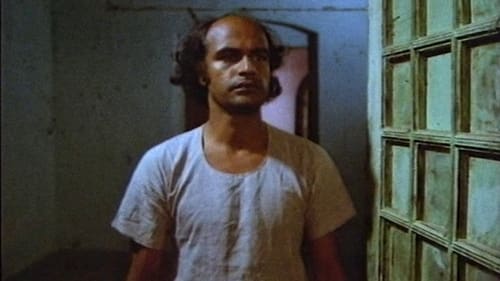
Taking an experimental approach to the relationship between the written text and moving image, Mani Kaul has a series of texts read aloud in voice-overs (poetry, essays, and stories), while the characters within the texts walk through real or imaginary landscapes.












